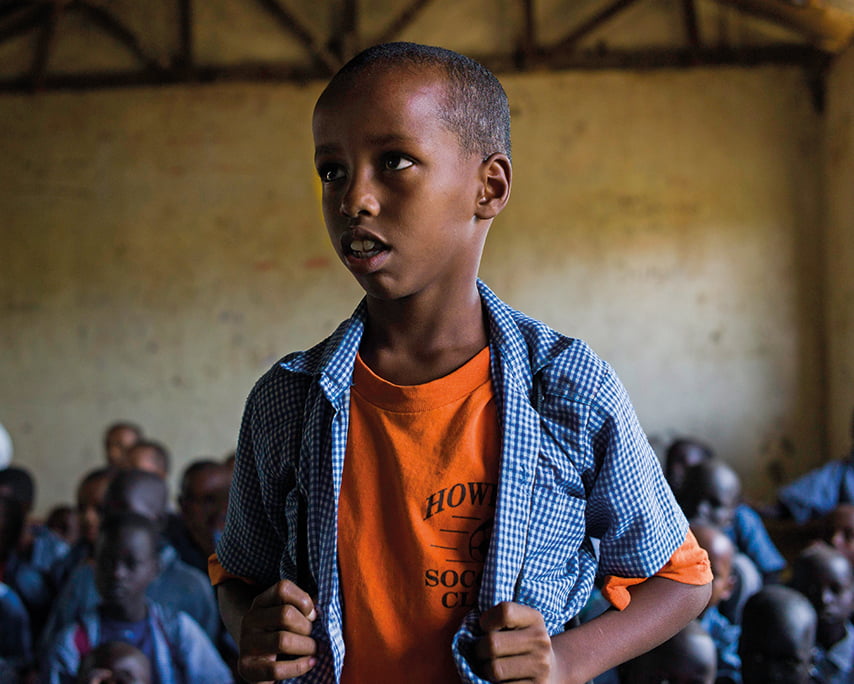World Refugee Day
In the modern context, shaped by evolving conflict dynamics, a refugee is someone who has been forced to flee their home country due to a well-founded fear of persecution based on race, religion, nationality, political opinion or membership in a particular social group. This definition, originally established by the 1951 Refugee Convention, has expanded to include individuals escaping severe instability and violence, including civil wars, ethnic conflicts and widespread human rights abuses. Today, refugees also encompass those displaced by environmental disasters and climate change, recognising that these factors can force people to seek refuge across borders. Additionally, modern conflicts often involve non-state actors and complex, protracted crises, making it increasingly difficult for individuals to find safety within their home countries, necessitating international protection and support.
Although refugees still flee their home countries due to war and volatile political environments, the world currently is also facing another kind of displaced refugees, asylum seekers and internally displaced persons; environmental refugees, people displaced due to severe climate change. Desertification and extreme weather events have disrupted agriculture and livelihoods, causing environmental degradation in various parts of the world. This has forced people to migrate to urban areas or across borders in search of better living conditions. Severe flooding and cyclones, worsened by climate change, have also displaced millions of people, pushing them to seek safer areas within their own country or in neighbouring countries. Environmental refugees, sometimes called climate refugees, are individuals who must leave their homes due to natural disasters or severe environmental changes that make living conditions untenable.
Implications of environmental and climate-induced displacement
It is important to realise that the 1951 refugee convention does not explicitly recognise environmental refugees, making it challenging for these individuals to receive formal protection and asylum. However, there is an ongoing debate and advocacy for expanding legal frameworks to include environmental displacement. The inclusion of climate-related displacement in the convention ensures that individuals affected will be able to receive international humanitarian assistance. Consequently, they can receive immediate relief, long-term resettlement options and development assistance in affected regions to mitigate the root causes of displacement. There is also an urgent need for countries to amend their national asylum laws to recognise and protect climate refugees, offering them similar rights and protections as those fleeing political persecution.
The rapid and severe changes in our climate, leading to frequent and intense natural disasters, have created an urgent need for new or revised policies that can anticipate and manage the impacts of climate change on migration. It is crucial that every nation or state develops adaptive strategies for vulnerable populations and ensures that environmental refugees receive the necessary protection and support. Moreover, to prevent further displacement, immediate global climate action is imperative. Reducing greenhouse gas emissions, investing in renewable energy, and supporting sustainable development are not just options, but essential steps to mitigate the effects of climate change and reduce the number of future environmental refugees.
As the world continues to change, so too does the definition of a ‘refugee’. It now includes not just those displaced by political conflict, but also those uprooted by environmental disasters and climate change. This shift in the global crisis landscape and the diverse causes of forced migration calls for a collective response. This World Refugee Day, let us not only redefine who a refugee is, but also recommit to our shared responsibility in understanding the plight of forcibly displaced persons and the actions we can collectively take to ensure their resilience in rebuilding their lives.



